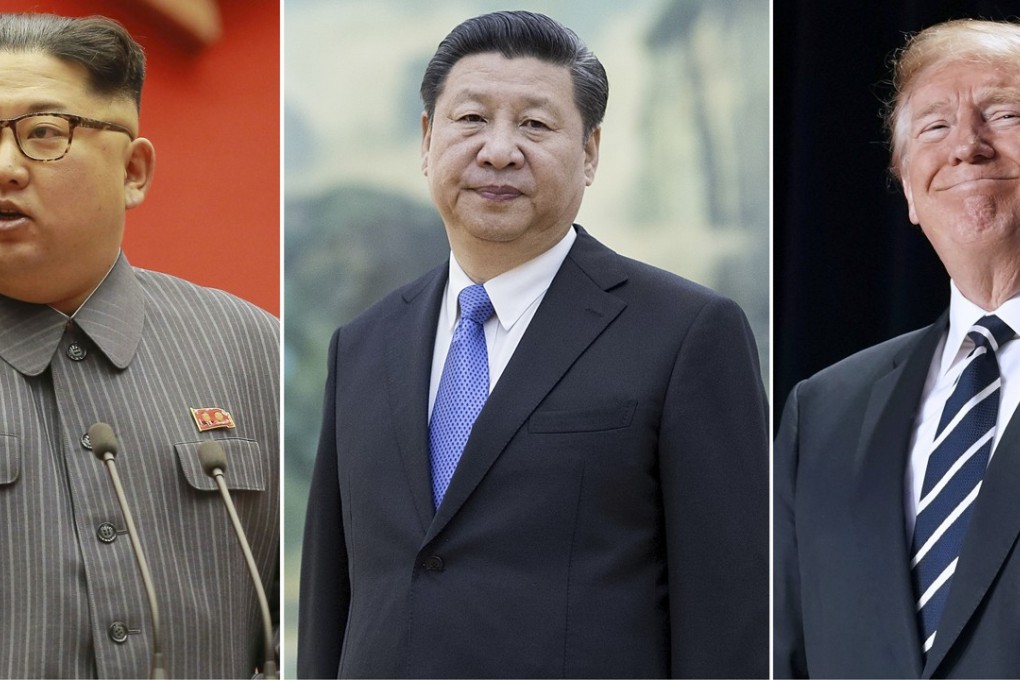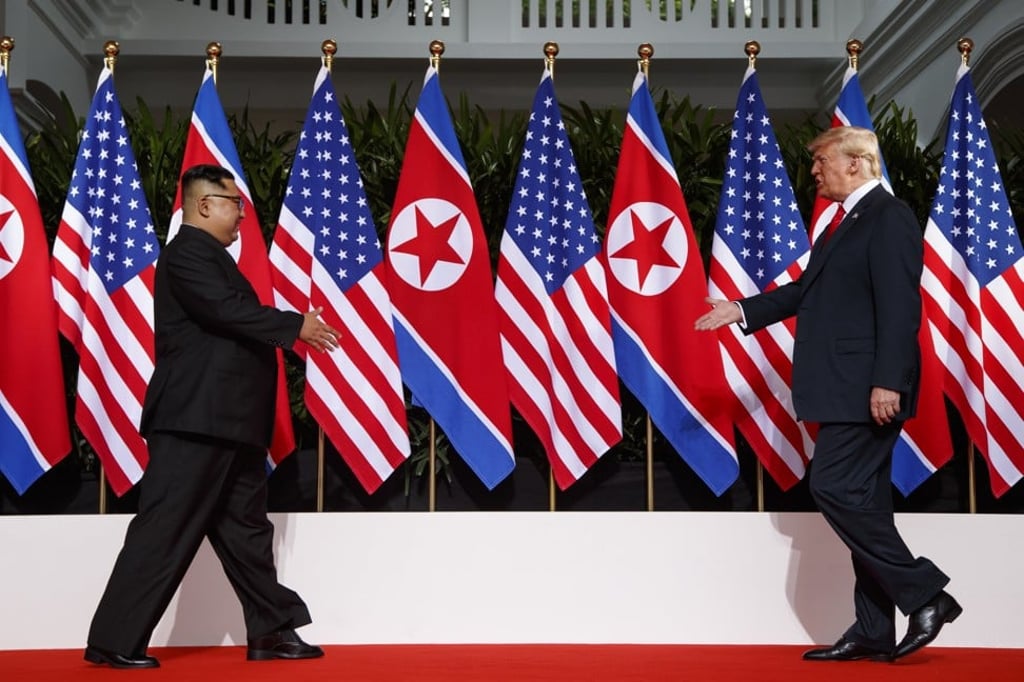How China is using North Korea in its long game against America
As Beijing worries about a power shift, it’s expected to play a key role providing backing for Pyongyang and helping it to emerge from economic isolation

Despite Pyongyang’s record of using diplomacy to manipulate major powers, analysts say Beijing may have few good options other than to throw its weight behind another round of denuclearisation talks to maintain ties with its communist neighbour and secure its regional influence.
While China gave its support to the first summit between North Korea and a sitting US president, Beijing is also deeply concerned that the rapprochement could lead to Washington seeking closer relations with Pyongyang.
After that landmark summit with Kim Jong-un on Tuesday, US President Donald Trump said “adversaries can become friends”, and that “the past does not have to define the future”.
Beijing fears a scenario where Pyongyang could be used against it by Washington, shifting the power dynamic at its expense – like in the 1970s when the United States normalised ties with China at the height of the cold war against the Soviet Union.

From China’s perspective, North Korea – despite its geopolitical importance – has been and will remain a useful card in the long game against America as their structural rivalry unfolds, according to Chinese diplomatic sources.